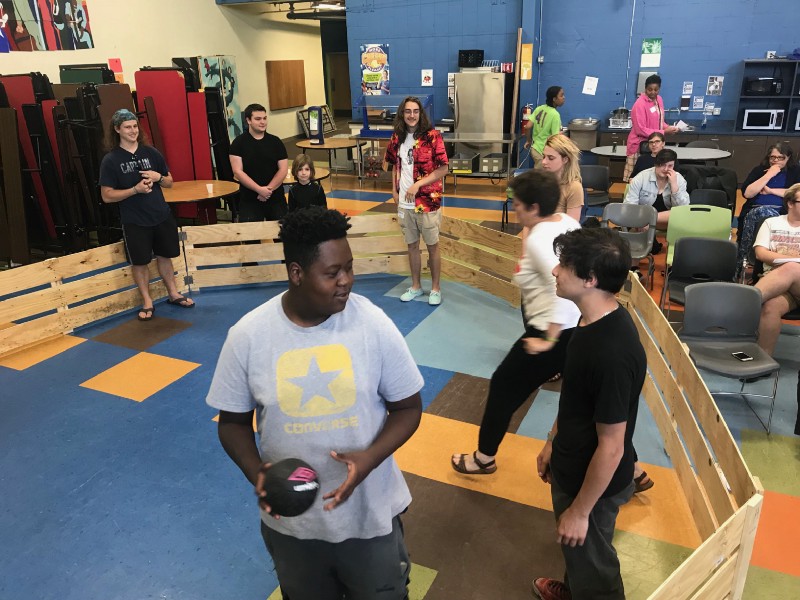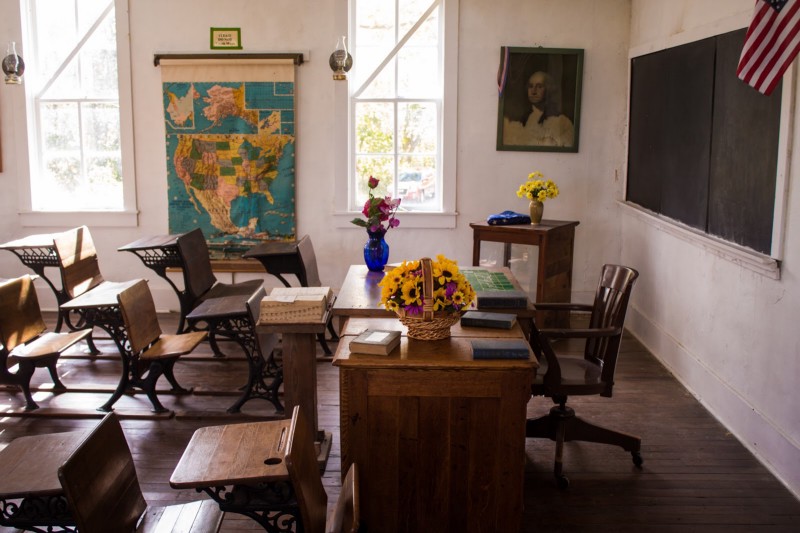A revolutionary model in education, THINK Global School (TGS) is the world’s first traveling high school. Founded in 2010 by educational reform advocate Joann McPike, TGS students travel to four countries a year, immersing themselves in hands-on project work within their respective host communities. The diverse student body currently represents 30 nationalities and travels to 12 countries in three years before matriculation. With Head of School Jamie Steckart leading the charge, TGS is now spreading their global Changemaker Curriculum to two different cohorts of traveling students.
In this unique interview, we at HEADRUSH had a chance to speak with Adnan Mackovic, Principal and Curriculum Coordinator of the first traveling cohort of Changemaker students. Adnan details the TGS transition from an International Baccalaureate world school to implementing their personally designed Changemaker Curriculum, which combines high academic standards with interdisciplinary, project-based learning.
“I think it all comes down to fear,” muses Adnan. “Fear of failure, maybe? Fear of… what the parents are gonna say, what the kids are gonna say, what the whole system is gonna say… and asking, is this really gonna work? Once you make that step, it’s fine.”
Despite the inherent challenges marked by their curricular reformation, Adnan reveals the benefits of bringing personalized learning to every student at TGS. Here Adnan invites us onboard while discussing how to THINK differently about school at TGS, “where your classroom has no borders and learning knows no bounds.”
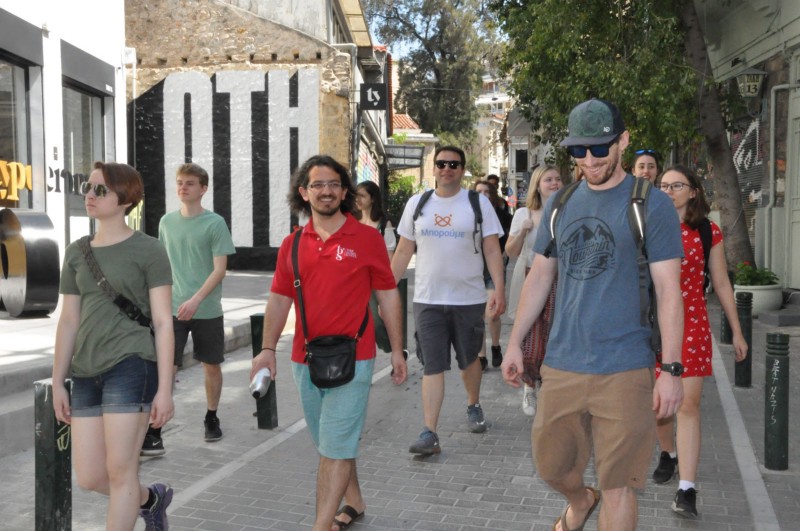
So where are you at as we speak?
Shanghai, China. The first cohort of students starts in China, then travel to Oman, Costa Rica and Greece. Cohort 2 is currently in Botswana, then travels to India, Japan and Spain.
What?! Okay, so give us one example of PBL project work that is happening right now in China.
At this point in Shanghai, there are three different teacher designed modules. One is focused on traditional Chinese medicine (TCM) and students are essentially answering the driving question, “How do we convey the value of TCM to non TCM users?” They are learning about Kung fu, Confucianism and TCM uses and methods. Essentially they will produce a product of their own choice and will demonstrate some TCM methods at their showcase. The second one [module] is [called] A Journey Home. Students are basically focusing on migration routes from rural to urban and producing a book of stories on the Chinese migrants. They have freedom of choice in what that “book” is… i.e. a physical book, podcast, theater performance… it can be whatever they decide really. The third one [module] is called Made in China. They are looking at the economy and GDP and progress China has made in the past few years in connection with the environment. They will produce a board game to help people understand the concepts behind the Made in China labels.
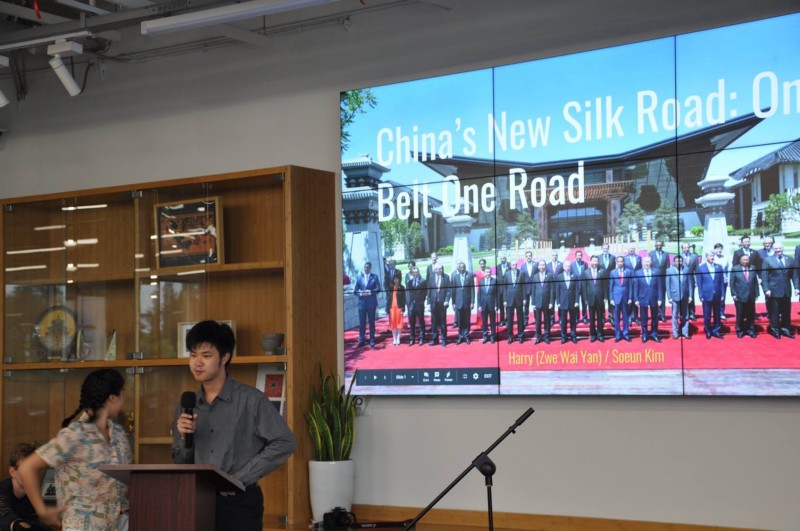
Those PBL projects are super cool! As an administrator, what would you say has been the biggest challenge in guiding the staff through this transition to implement PBL curriculum?
To be honest, in our context I don’t think there was much of a challenge in convincing the staff in understanding why we were doing it. I think the bigger challenge we had was convincing the kids, the students, that this was the right thing to do. That in the education world, education needs to change from being exam driven to promoting hands on, real world experiences. The students were used to the traditional system and expected it.
Does that hesitation come specifically from students who hail from the traditional system and have a difficult time deschooling themselves?
Yes. It is ingrained in us to go through school as we have through the years. So every change or adjustment or new thing, we are uncertain of. For us, it was a complete revamp of our system. Our students and our alums couldn’t initially back us up because they didn’t go through the same system.
Now that you are a year in, what do you think was the proof for students that PBL can be just as academically fulfilling?
I think the students finally realized the opportunities that this [PBL] was giving them in getting engaged with the real world and getting the experiences they knew would be useful once they graduated from high school… Because some of them had internships through the opportunities we were giving them. Others were working on collaborative projects with the 21st century skills and realizing that, “This is what is needed in the world if we want to succeed in life after high school.” It was a culmination of everything we were preaching if you will, everything we were trying to have the kids see, like the rigor that goes into producing a final product at the end of a project. Getting feedback from outside experts probably has a lot to do with it as well because the students finally realized,”It’s not only the teacher standing in front of me giving me this knowledge, the world is out there and I can learn from everyone.”
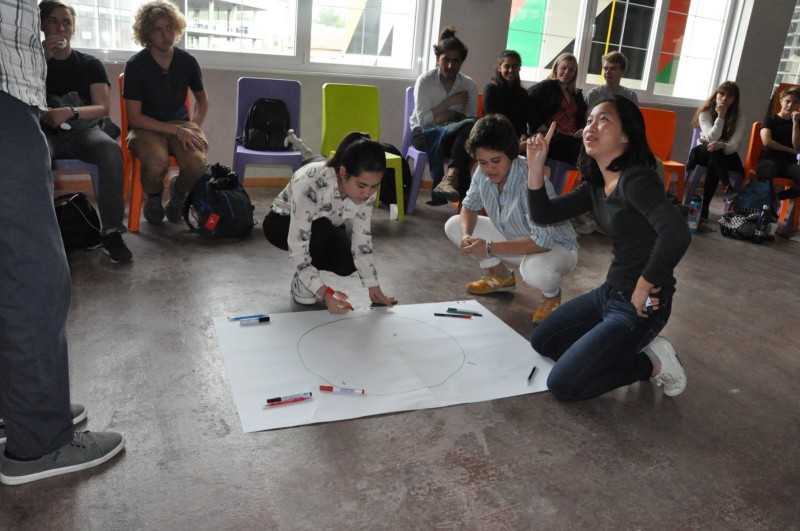
In hindsight, what were three keys steps TGS took to guide a smooth transition to PBL?
In our context, I would say the three key steps were… All staff involvement- so having the staff a part of every process and every step of the development and keeping that as transparent as possible. That would be number 1. Because then you build a culture of buy in and support, and people feel it is theirs… The other part I would say is being willing to adapt and being willing to receive feedback from the staff and the students and everyone involved. Everyone from our whole year last year was collecting feedback from the students and seeing whether what we had defined was actually happening on the ground. It is incredible how spot on the students are. The third one would be to stick to your guns. If this is the decision that you make and this is the philosophy you are about, then don’t hesitate to do it, don’t hesitate to implement it, because there will be a lot of people who will say it’s not going to work. So believe in what you are doing.
What do you find to be most rewarding about being a PBL school?
I think seeing students realizing the potential that they have, and the strength that they have, and what they can do without people telling them, “nah it’s not possible…”
Or that there is no time or…
Yes. Without limitations and constraints of the traditional boundaries. Because one thing that we do is encourage students to explore their passions through their personal projects. To see them just really go for it and light up and explore their options and designing the whole process and content and finding experts — it is incredible how much it helps their self esteem. The student realization of what is possible.
Anything you miss about the IB curriculum?
I think as an English teacher I miss just having a good book discussion that we would have traditionally, but at the same time we do that now more on one-on-one as mentors.
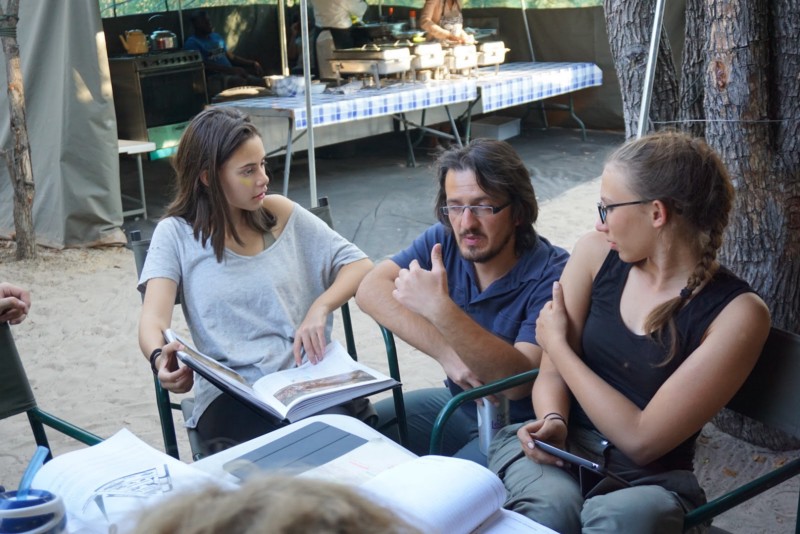
So that is obviously a big sacrifice a PBL teacher would have to make… They themselves would have to be more flexible…
Exactly. In a traditional IB classroom, I would potentially choose what we are doing myself, and give the students a little freedom, but here, the students choose everything and it’s that part that teachers need to let go of, and sometimes it is difficult for us to let go of control, learning to let go of the “This is a book I’M really passionate about” bias. Really going with the kids’ choices and learning to be apart of their learning.
The biggest hesitation I’ve heard from teachers transitioning is “I don’t have time to manage individual project work”…
Scheduling is a huge issue for any school, any program, right? But I think it has to be the priority. If people are saying we don’t have time to push the one-on-one advisories or whatever, it really has to be the priority of the program to have a solid advisory system… And to be honest, we are still figuring it out, that balance between advisors, modules and personal projects.
What’s the difference in applying PBL to a traveling high school as opposed to a stationary school?
I don’t know that there is a difference in applying it [PBL], but for a traveling school the logistics become (he laughs) a bit of a nightmare. For a school that is stationary it’s even easier to apply [PBL] because you have the community to support you. You have the local experts, you can use the local resources around you without having to set it up a year in advance. And that is basically what we are trying to do with the travel cycle we have where we return to the same countries with new cohorts of students year after year. As far as implementation, I don’t see any difference.
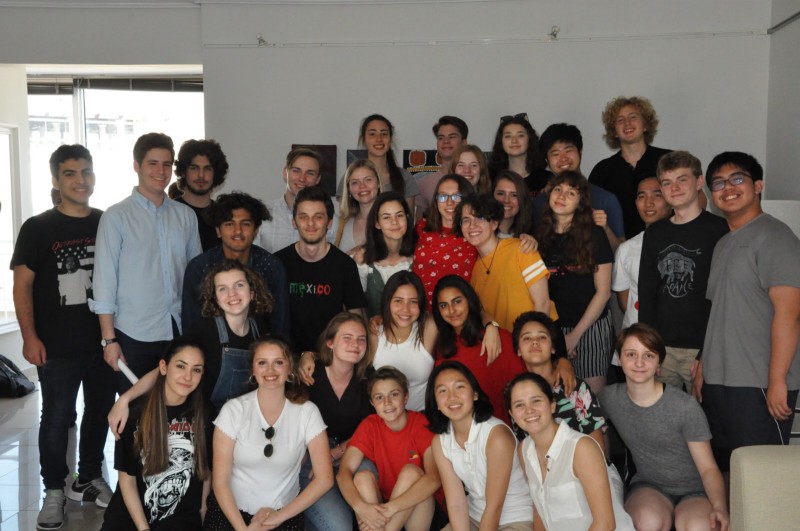
What is the best part of using HEADRUSH now that your PBL is software supported? Do the benefits outweigh any challenges?
Absolutely. HEADRUSH as it is setup allows students to really look at what the big picture is, for their project, what the goal is, and then allows them to break it into manageable steps and keep an eye on their own progress. A highlight for our students has been how HEADRUSH allows them to see where they’re at with their learning targets and graduation requirements, along with the comment functions where both educators and students can exchange comments, and then the implementation of different types of project proposals. These are the functions that really help students understand what they are doing on a big picture level.
Do you have any words of advice to schools who are transitioning to be a project-based school?
Be patient. It’s a long road ahead. There will be a lot of frustrations, but referring back to those three things that I mentioned, stay the course and really embrace feedback that you get from the community. Involve the community so that it is a whole hearted effort by the whole school and with that, you’ll see great change.
For more information about THINK Global School, please visit thinkglobalschool.org or follow @TGSTHINKGlobal
